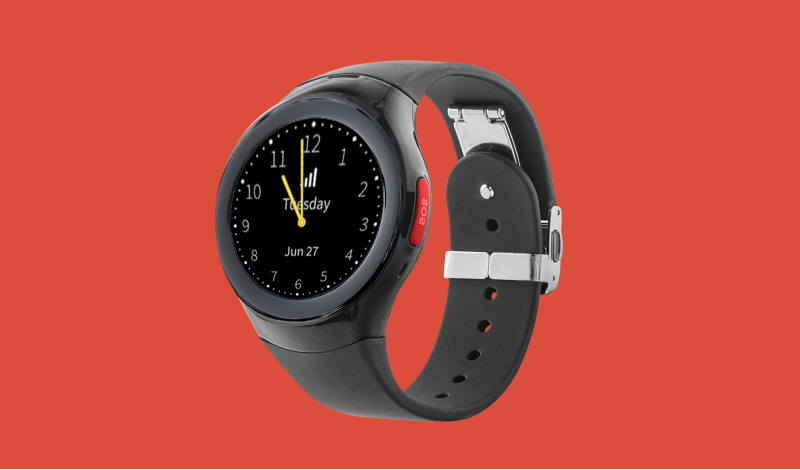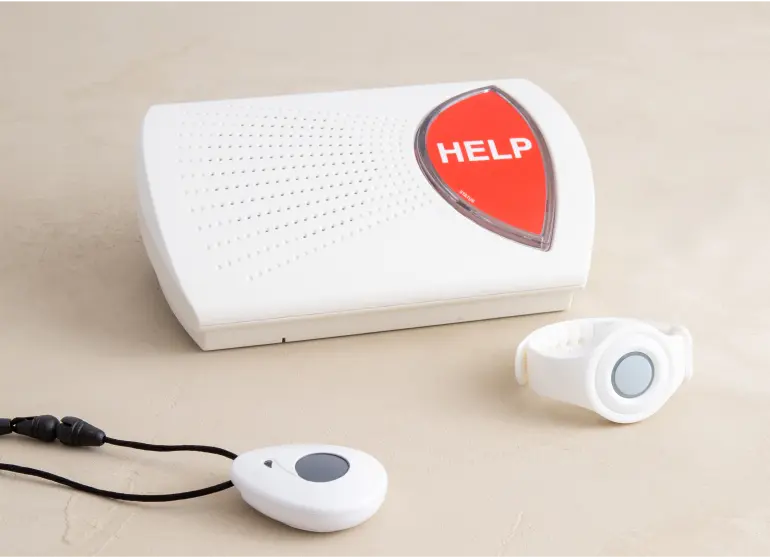For the first time since 1955, many Americans are looking forward to April 15. That’s when many of the first “Economic Impact Payments” (aka stimulus checks) will begin appearing in people’s bank accounts – but only if the IRS has their banking information on file. Many people have questions about how much they will receive, when the money will arrive, and how the program works.

Will I receive a stimulus check?
Probably. About 83% of tax filers will receive a check. The major exceptions are the very wealthy and people who are counted as “dependents” on someone else’s tax return.
How much will my stimulus payment be?
The total amount you receive is based on your income and family size.
- $1,200 for individuals with an adjusted gross income of $75,000 or less.
- $2,400 for married couples with an adjusted gross income of $150,000 or less.
- $1,200 for Heads of Household whose adjusted gross income is $112,500 or less.
- $500 for each dependent child under age 17.
For people with higher incomes, the stimulus amount decreases as adjusted gross income increases.
Kiplinger has a Stimulus Check Calculator that will help you estimate the amount of your payment.

When will stimulus checks be distributed?
The IRS expects that the majority of payments – approximately 70 million – will be directly deposited into people’s bank accounts on or before April 15, 2020.
Paper checks will begin going out on or about April 24, 2020 at the rate of 5 million per week. Lower income people receive priority. The wealthiest households may not receive their paper checks until the end of the summer.
I’ve moved. Will the IRS send my stimulus check to my new address?
If you have moved since you last filed a tax return and expect a paper check, you need to update your address with the IRS. Note: this can’t be filed online. You need to complete form 8822 and mail it to the IRS.
How can I have my stimulus check sent to my bank account?
That depends on your filing status and the information you provided to the IRS.
- The IRS has your bank account information on file: The money will be deposited automatically.
- You filed a tax return, but didn’t provide banking information to the IRS: The IRS announced it will launch a secure Web portal called “Get My Payment” in mid-April where you can check the status of your payment and enter banking information for direct deposit.
- You’re not required to file tax returns: The IRS has launched a secure portal for non-filers to enter the information needed to claim their stimulus payments. Get more information about the income levels and required documentation at the IRS “Non-Filers Payment Information” page.

I don’t make enough to file taxes. Will I still get a stimulus check?
The Treasury Department is also working to process stimulus payments for people who receive Social Security retirement, disability (SSDI), or survivor benefits and for people who receive Railroad Retirement and Survivor Benefits. The department says those checks will be issued in the weeks ahead.
How do I share my bank account information with the IRS?
The IRS announced plans to create secure Web portals to collect banking data.
- Non-filers: Go to the “Non-Filers Payment Information” page to complete the form and find out more about the income levels and required documentation.
- People who file, but haven’t shared banking info: The IRS will launch a secure Web portal called “Get My Payment” soon (by mid-April) so you can enter your banking info. Keep checking the “Economic Impact Payments” page on the IRS Web site. The link to the Web portal will be posted there as soon as it is launched.
The IRS called/emailed me to ask for my banking information. What should I tell them?
Absolutely nothing!
The IRS issued a warning about identity theft scams and phishing attacks related to coronavirus and stimulus checks.
“We urge people to take extra care during this period. The IRS isn’t going to call you asking to verify or provide your financial information so you can get an economic impact payment or your refund faster,” said IRS Commissioner Chuck Rettig. “That also applies to surprise emails that appear to be coming from the IRS. Remember, don’t open them or click on attachments or links. Go to IRS.gov for the most up-to-date information.”
Taxpayers should watch not only for emails but text messages, websites and social media attempts that request money or personal information.
Get more information about how crooks are using coronavirus scams to steal your money and identity.
We thought you might like:
How Crooks Are Using Coronavirus Scams To Steal Your Money and Identity
Why Is Coronavirus More Serious In Older People?
Government Watchdogs Warn About Theft and Financial Abuse In Senior Care Facilities















